Florida, known for its pristine beaches and diverse wildlife, has a hidden gem for hunting enthusiasts – dove hunting. Before you grab your shotgun and travel to the fields, it’s critical to learn Florida’s dove season dates and limits. This will ensure a successful hunt and keep you on the right side of the law.
In this post, we’ll focus on dove hunting in Florida along with other hunting season opportunities, and provide you with vital information such as season dates, licenses, and regulations for a thrilling and responsible hunting trip.
What Can You Hunt In Florida Dove Season?
Florida attracts more and more hunters for dove hunting because of its beautiful scenery, nice weather, and thriving dove population. The state’s pleasant and sunny climate attracts both migrating and local dove populations, making it a perfect destination for hunting.
The Mourning Dove (Zenaida macroura) and the White-winged Dove (Zenaida asiatica) are two of the most common dove species you’ll see while hunting in Florida.
These doves are identical in some ways, but they have their distinct traits, habitats, and behaviors that make them intriguing hunting subjects.
Mourning Dove
Mourning Doves are one of the most common and recognized dove species in North America, and Florida is one of the most representative states.
Mourning Doves can be found in a wide range of habitats, including farmlands, open woodlands, suburban areas, and even along the sides of roadways. They are highly adaptable and flourish in regions where food and water are plentiful.
Mourning Doves are mostly ground feeders, hunting for seeds from a variety of plants such as sunflowers, grasses, and crops. During dove season, hunters frequently set up near their favorite feeding areas to create ideal hunting opportunities.
White-winged Dove
White-winged Doves are easily identified by their brilliant white wing patches, which are visible when they fly, as the name implies. They are often found in more urban and suburban areas, including parks and residential neighborhoods.
These doves are well-known for their love of seeds, fruits, and grains. They are frequently seen sitting in trees or scavenging on the ground for fallen fruit.
What time in the afternoon is best for dove hunting?
Doves tend to be more active during the late afternoon, closer to dusk when they are feeding before roosting for the night. It’s advisable to scout the hunting area in advance and pay attention to the doves’ behavior to determine the best time for your hunt.
Florida Dove Season Dates&Limits
Here are the essential details for the upcoming dove hunting season:
Dove (Mourning and white-winged):
- Sept. 28 – Oct. 20
- Nov. 9 – Dec. 1
- Dec. 19 – Jan. 31
🔔Notes:
The daily bag limit is 15, and the total possession limit is 45 per hunter.
The legal hunting hour is 30 minutes before sunrise to sunset.
To legally hunt doves, you need to obtain both a valid hunting license and a migratory bird permit (no cost).
Migratory Bird Hunting Season In Florida
Except for the dove, there are some migratory birds that you can hunt in Florida on various season dates.
| Species/Season | Season Dates | Daily Bag Limit | Possession Limit |
| Crow | Aug. 10 – Oct. 27 (Sat. & Sun. only) Nov. 11 – Feb. 18 |
No Limit | No Limit |
| Rail (Sora and Virginia) | Sept. 1 – Nov. 9 | 25 | 75 |
| Common gallinule (Moorhen) | Sept 1 – Nov 9 | 15 | 45 |
| Canada goose (W) | Sept. 7-29 | 5 | 15 |
| Nov. 23 – Dec. 1 and Dec. 1 – Jan. 30 | 5 | 15 | |
| Duck (W) | Sept. 21-25 (teal and wood duck only) | / | 3 times the daily bag limit |
| Sept. 26-29 (teal only) | |||
| Nov. 23 – Dec. 1 | |||
| Dec. 7 – Jan. 26 | |||
| Snipe | Nov. 1 – Feb. 15 | 8 | 24 |
| Coot | Nov. 23 – Dec. 1 | 15 | 45 |
| Dec. 7 – Jan. 26 | |||
| Light Geese (Snow, blue and Ross’) (W) | Nov. 23 – Dec. 1 | 15 | No Limit |
| Dec. 7 – Jan. 26 | |||
| Merganser (Common, red-breasted, hooded) (W) | Nov. 23 – Dec. 1 | 5 | 15 |
| Dec. 7 – Jan. 26 | |||
| Woodcock | Dec. 18 – Jan. 31 | 3 | 9 |
| Youth Waterfowl Hunting Days | Nov. 16 and Feb. 8 | / | / |
| Veterans and Active Military Waterfowl Days | Feb. 1 – 2 | / | / |
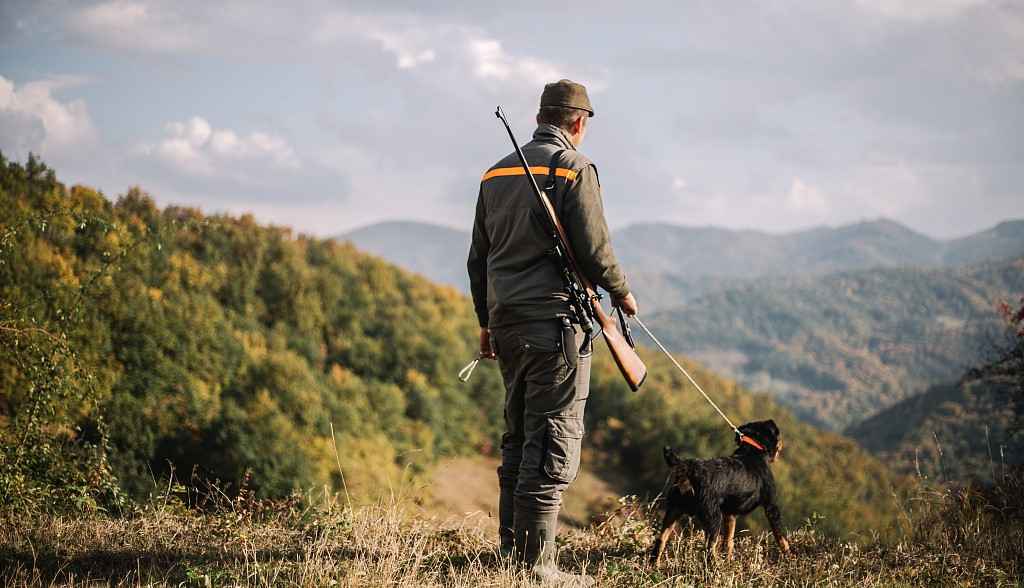
Florida Hunting Licenses
Hunting License Fees
- Annual Resident: $17.00
- Five-Year Resident: $79.00
- Annual Resident Sportsman’s License: $80.50
- Annual Resident Silver Sportsman’s 64+: $13.50
- Annual Resident Gold Sportsman’s License: $100.00
- Annual Resident Military Gold Sportsman’s License: $20.00
- Resident Youth Hunting License: $17.00
- Resident Youth Gold Sportsman’s License: $100.00
- Annual Non-Resident: $151.50
- Ten-Day Non-Resident: $46.50
Lifetime hunting license:
- Age 4 or younger: $201.50
- Ages 5-12: $351.50
- Ages 13 and older: $501.50
License Requirements
Before you start your dove hunting excursion in Florida, be sure you have all of the proper licenses and permits. The following are the key licenses and permits you will require:
Hunting License: All hunters must have a valid Florida hunting license. A hunting license can be obtained via the Florida Fish and Wildlife Conservation Commission (FWC), approved retailers, or municipal offices. The licensing fee varies according to your resident status and whether you choose a short-term or annual license.
Migratory Bird Permit: To hunt migration birds, all hunters not only need to have a valid hunting license but also a migratory bird permit. This permit is exclusive for shooting migrating birds such as doves. It is free.
It’s important to note that for those who were born after June 1, 1975, you must have completed a hunter safety course in order to acquire a hunting license in Florida that allows you to hunt with a firearm, gun (including a muzzleloading gun), bow, or crossbow.
Before being awarded a hunting license, anyone fitting this criteria must submit a valid hunter safety certification card.
Furthermore, if you have a hunter safety card or certificate from another state, it will be accepted in Florida. It’s important to remember, however, that all Florida recreational hunting license requirements still apply.
Florida Dove Hunting Regulations
The following are some general rules every hunter should know before leaving for the hunting field:
- Shooting hours are one-half hour before sunrise until sunset.
- No trap, snare, or net can be used for taking migration birds.
- Rifle, pistol, swivel gun, and shotgun should be smaller than 10 gauge. And total capacity of a shotgun should be less than three shells.
- It is not allowed to use any motor vehicle or aircraft of any kind.
- It is not allowed to use live birds as decoys and electrical bird calls or sounds.
- No baiting for dove hunting and any other migration birds. Baiting involves placing food, grains, or other attractive materials to lure doves to a specific area for hunting. In Florida, it is strictly prohibited to hunt doves over baited areas.
- You need a valid Florida Hunting License to hunt doves in the state. Make sure to also have a Florida Migratory Bird Permit when hunting migratory birds like doves.
- The daily bag limit for dove hunting is 15 doves per day, and the possession limit is 45 doves. It’s essential to adhere to these limits to ensure ethical and legal hunting.
Though dove hunting is popular in Florida, there are many other game animals you can hunt in these states. Below we will summarize their season schedules so that you will know when to plan your hunting trips:
Florida Deer Hunting Seasons
Antlered Deer
| Zone | Season Type | Dates |
| A | Archery season | Aug. 3 – Sept. 1 |
| Crossbow season | Aug. 3 – Sept. 6 | |
| Muzzleloading gun season | Sept. 7 – 20 | |
| Youth deer hunt weekend | Sept. 14 – 15 | |
| General gun season | Sept. 21 – Oct. 20 and Nov. 23 – Jan. 5 | |
| B | Archery season | Oct. 19 – Nov. 17 |
| Crossbow season | Oct. 19 – Nov. 22 | |
| Muzzleloading gun season | Nov. 23 – Dec. 6 | |
| Youth deer hunt weekend | Nov. 30 – Dec. 1 | |
| General gun season | Dec. 7 – Feb. 23 | |
| C | Archery season | Sept. 14 – Oct. 13 |
| Crossbow season | Sept. 14 – Oct. 18 | |
| Muzzleloading gun season | Oct. 19 – Nov. 1 | |
| Youth deer hunt weekend | Oct. 26 – 27 | |
| General gun season | Nov. 2 – Jan. 19 | |
| D | Archery season | Oct. 26 – Nov. 27 |
| Crossbow season | Oct. 26 – Nov. 27, Dec. 2-6 | |
| General gun season | Nov. 28 – Dec. 1 and Dec. 14 – Feb. 23 | |
| Youth deer hunt weekend | Dec. 7 – 8 | |
| Muzzleloading gun season | Dec. 7 – 13, Feb. 24 – March 2 |
Antlerless Deer
| Zone | Season Type | DMU | Dates |
| A | Archery season | A2 | Aug. 3 – 11 |
| Archery season | A3 | Aug. 3 – 18 | |
| Crossbow season | A2 | Aug. 3 – 11 | |
| Crossbow season | A3 | Aug. 3 – 18 | |
| Youth deer hunt weekend | A2 & A3 | Sept. 14 – 15 | |
| General gun season | A2 | Nov. 23 – 24 | |
| General gun season | A3 | Nov. 23 – 26 | |
| B | Archery season | All | Oct. 19 – Nov. 17 |
| Crossbow season | All | Oct. 19 – Nov. 17 | |
| Youth deer hunt weekend | All | Nov. 30 – Dec. 1 | |
| General gun season | All | Dec. 27 – 29 | |
| C | Archery season | All | Sept. 14 – Oct. 13 |
| Crossbow season | All | Sept. 14 – Oct. 13 | |
| Muzzleloading gun season | C5 | Oct. 19 – 20 | |
| Youth deer hunt weekend | All | Oct. 26 – 27 | |
| General gun season | C1 | Nov. 22 – 25 | |
| General gun season | C2 | Nov. 22 – 24 | |
| General gun season | C3 | Nov. 22 – 24 | |
| General gun season | C4 | Nov. 22 – 25 | |
| General gun season | C5 | Nov. 2 – 3 and Nov. 16 – 17 | |
| General gun season | C6 | Nov. 22 – 25 | |
| D | Archery season | D1 | Oct. 26 – Nov. 27 |
| Crossbow season | D1 | Oct. 26 – Nov. 27 | |
| Youth deer hunt weekend | D1 | Dec. 7 – 8 | |
| General gun season | D1 | Nov. 30 – Dec. 1 and Dec. 28 – 29 | |
| Archery season | D2 | Oct. 26 – Nov. 27 | |
| Crossbow season | D2 | Oct. 26 – Nov. 27 and Dec. 2 – 6 | |
| General gun season | D2 | Nov. 28 – Dec. 1 and Dec. 14 – Feb. 23 | |
| Youth deer hunt weekend | D2 | Dec. 7 – 8 | |
| Muzzleloading gun season | D2 | Dec. 7 – 13 and Feb. 24 – March 2 |
Florida Turkey Seasons
Spring Seasons
North of State Road 70:
- Youth turkey hunt weekend: March 8 – 9 , 2025
- Spring turkey season: March 15 – April 20, 2025
South of State Road 70:
- Youth turkey hunt weekend: Feb. 22 – 23, 2025
- Spring turkey season: March 1 – April 6, 2025
Fall Seasons
| Zone | Season Type | Dates |
| A | Archery season | Aug. 3 – Sept. 1 |
| Crossbow season | Aug. 3 – Sept. 6 | |
| Muzzleloading gun season | Sept. 7 – 20 | |
| Fall turkey season | Oct. 7 – 20, Nov. 23 – Jan. 5 | |
| B | Archery season | Oct. 19 – Nov. 17 |
| Crossbow season | Oct. 19 – Nov. 22 | |
| Muzzleloading gun season | Nov. 23 – Dec. 6 | |
| Fall turkey season | Dec. 7 – Feb. 2 | |
| C | Archery season | Sept. 14 – Oct. 13 |
| Crossbow season | Sept. 14 – Oct. 18 | |
| Muzzleloading gun season | Oct. 19 – Nov. 1 | |
| Fall turkey season | Nov. 2 – Dec. 29 | |
| D | Archery season | Oct. 26 – Nov. 27 |
| Crossbow season | Oct. 26 – Nov. 27, Dec. 2 – 6 | |
| Muzzleloading gun season | Dec. 7 – 13 | |
| Fall turkey season | Nov. 28 – Dec. 1, Dec. 14 – Jan. 19 |
*Season daily bag limit and possession limit: 2 for all seasons.
Florida Small Game Seasons
| Species | Dates | Bag Limits |
| Quail | Nov. 9 – March 2 | Daily: 12 Possession: 24 |
| Bobcat | Dec. 1 – March 31 | No Limit |
| Otter | Dec. 1 – March 1 | No Limit |
| Gray Squirrels, Rabbits, Wild Hogs, Raccoons, Opossums, Skunks, Nutrias, Beaver, & Coyotes | Year Round | Daily: 12 gray squirrels; 12 rabbits. No limits on other species
Possession: 24 gray squirrels; 24 rabbits. No limits on other species |
Conclusion
For enthusiasts, Florida dove hunting is an exciting and enjoyable activity. You can prepare for a successful and pleasurable dove hunting season in the Sunshine State by familiarizing yourself with these commonly asked questions and complying with the state’s laws.
To ensure a safe and responsible hunting experience, keep up to date on the newest regulations and guidelines. Good luck with your hunt!


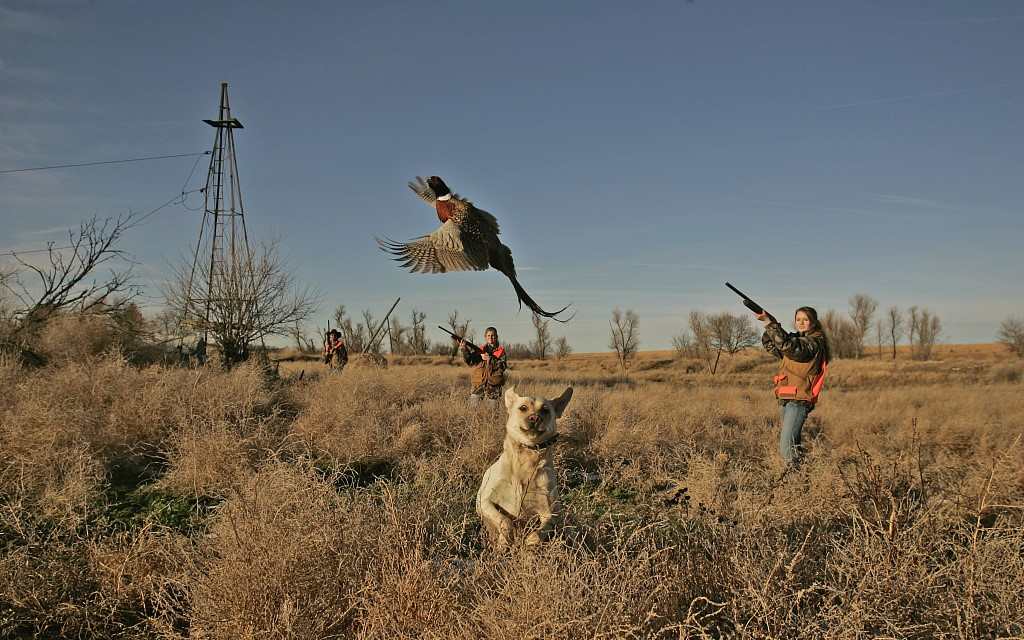
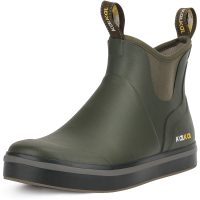

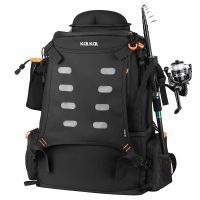
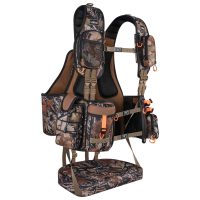



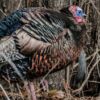
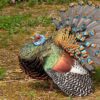
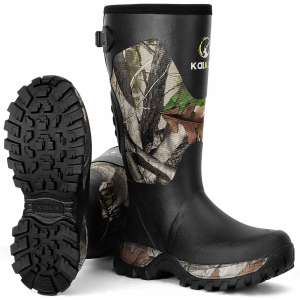
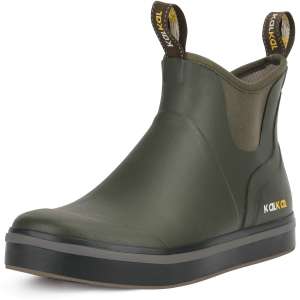
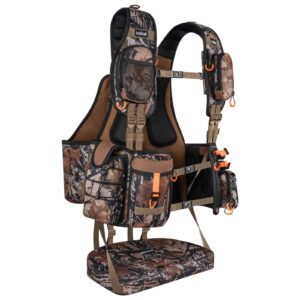
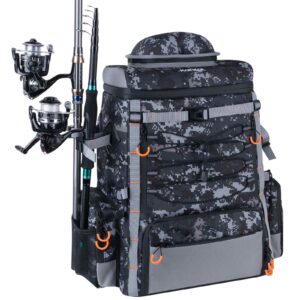
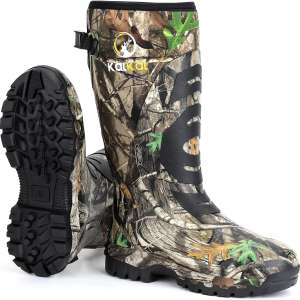



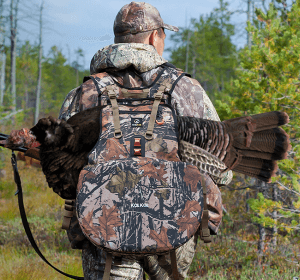
Leave a reply